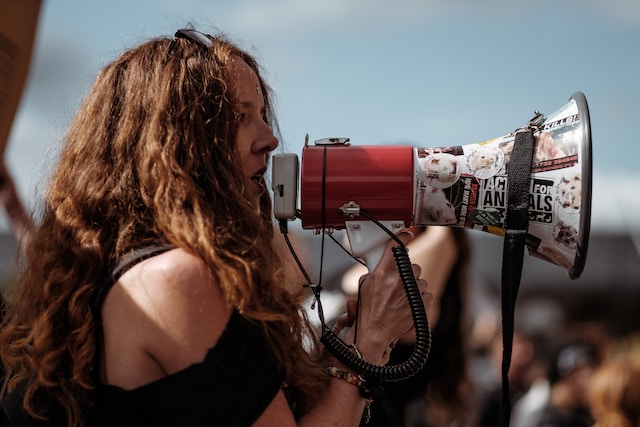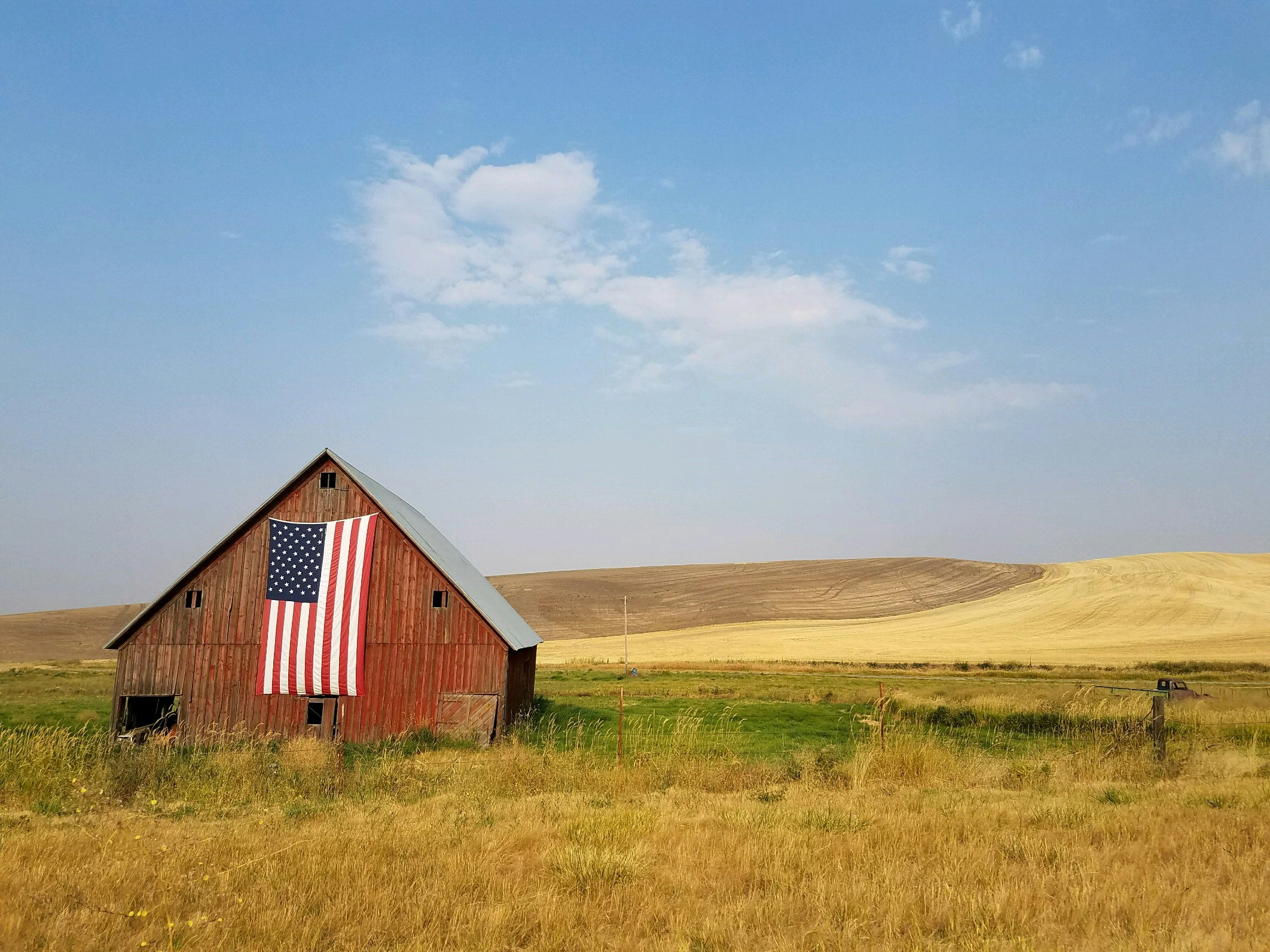Imagine wanting to help an aging parent by building a small apartment above your garage or creating a backyard cottage for your college grad who’s not quite ready to buy a home, only to learn that your local government won’t allow it. That’s the challenge many Iowans faced until this year, when a broad coalition of unlikely allies came together to change the law.
Accessory dwelling units, or ADUs, are small, independent living spaces on the same property as a primary home. They include everything needed for day-to-day living, a kitchen, bathroom, and bedroom but offer privacy and independence for both families and residents.
In Iowa, local ordinances often stood in the way of building these units. That’s when a coalition led by AARP Iowa, Americans for Prosperity (AFP), and the Manufactured Housing Association decided to team up. “We all came at it from different perspectives,” said Paige Yontz, advocacy manager for AARP Iowa. “For AARP, it’s about aging in place. AFP focused on property rights, and the manufactured housing folks saw an opportunity to expand affordable housing. We realized we were all pushing for the same thing.”
What followed was a year and a half of collaboration between advocates, lawmakers, and community groups, including Realtors, Habitat for Humanity, and disability rights organizations. Together, they crafted a bill that set statewide standards for ADUs and prevented cities or counties from imposing unnecessary restrictions.
“This law makes it possible for Iowans to make personal housing choices on their own property,” Yontz explained. “It doesn’t cost cities or the state a dime, it’s about giving people freedom and flexibility.”
The new law, which took effect in July, ensures that homeowners can build at least one ADU on any lot zoned for a single-family home. Local governments can still establish guidelines for things like size, parking, and aesthetics, but they can’t outright ban these units.
Supporters say the benefits are wide-ranging, from helping seniors stay close to family to easing Iowa’s housing shortage. “For many older adults, this means avoiding institutional care and staying independent longer,” Yontz said. “For younger families, it’s a way to affordably start out or help loved ones without breaking the bank.”
Coalition leaders see the success as proof that diverse groups can find common ground on practical, people-centered policy. As Yontz put it, “We might not all share the same reasons, but we share the same goal: giving Iowans more freedom and more choices.”









